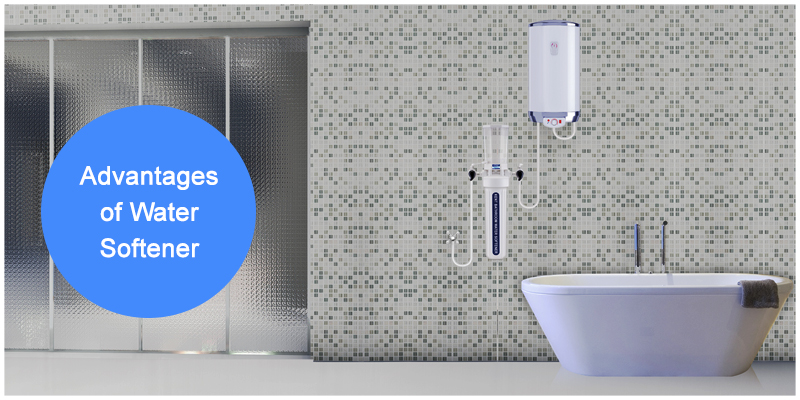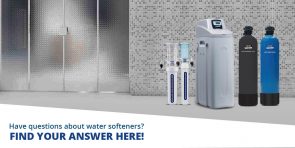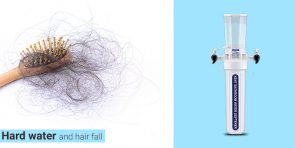The Hidden Advantages of Using a Water Softener
Hard water is a common problem faced by almost all the cities. Scaling on the bathroom fixtures, dry hair, itchy skin, and lackluster clothes are some of the issues that you face because of using hard water. Installing the best water softener in such a situation can help you deal with hard water problems and also increase the lifespan of plumbing fixtures. A water softener uses an ion exchange process to make hard water soft. The soft water that you use for various purposes can save you from the problems that you face when using hard water.
Top Benefits of Water Softener
Though water softeners are of great help, many of us are unaware of their innumerable benefits. So, in this blog, we list the top advantages of installing a water softener.
Takes Care of Your Clothes and its Fabrics
Washing clothes in hard water reduce their shine and brightness. Hard water contains minerals such as magnesium, manganese, calcium, and iron that harm the fibers of clothes and linen. Using a softener reduces the hardness in water and helps in maintaining the quality of the fabric.
Reduces Hair and Skin Damage
Hard water has a negative impact on your hair and skin. If you are wondering why your hair and skin aren’t improving even after using the best products, hard water may be the culprit. The only way to keep your hair and skin safe from hard water damage is by installing a water softener. Installing a bathroom water softener ensures that you get a continuous supply of soft water, thereby avoiding damage.
Increases the lifespan of Appliances
Appliances such as geysers and washing machines get damaged as a result of using hard water. However, with the help of a water softener for washing machine, shower, or geyser, you can convert hard water into soft. These water softeners are attached to the main source of water supply. As a result, the water that reaches the washing machine or geyser isn’t hard, thereby reducing the chances of damage.
Use Less Detergent
The soaps and detergents that you use have different chemical compositions depending on the quality of water that you use. This is the reason why soaps and detergents don’t produce enough lather when mixed with hard water. When you install a water softener for a washing machine, the hardness of the water is removed. Soft water not only produces more lather but also ensures that you use less detergent.
Reduces the Cost of Repairs
Hard water not only damages the appliances that you use but also clogs the pipelines. So, if you frequently need to repair your plumbing fixtures, it may be because of the hard water that you get. Calcium and magnesium present in hard water form particles and block the water supply. When you use a water softener, it converts hard water into soft and reduces the expenses of frequent repairs.
Lowers Electricity Bills
Scaling on pipelines is a common problem caused by hard water. The reason is scaling reduces energy transfer by approximately 12%. As a result, when you use soft water, household appliances such as washing machines or geysers function efficiently. Soft water is free of limescale that interferes with heat transfer. Water heaters also consume a lot less power when you use soft water.
Reduces the Risk of Minor Skin Diseases
A water softener may be helpful in minimizing the risks of minor skin diseases. Using soft water saves you from certain skin conditions such as eczema and dry skin problems. Soft water doesn’t steal away moisture from your skin, thereby keeping your skin healthy.
Last Few Words
So, if you too are tired of the problems caused by hard water, it’s time to install a water softener. You can either get a point-of-use or water softener for the whole house depending on your budget. A whole-house water softener can be attached to the water tank whereas a point-of-use water softener can be attached to the geysers, dishwashers, or washing machines. KENT provides both point-of-sale and whole-house water softeners. Visit our site to explore our complete range of water softeners.





